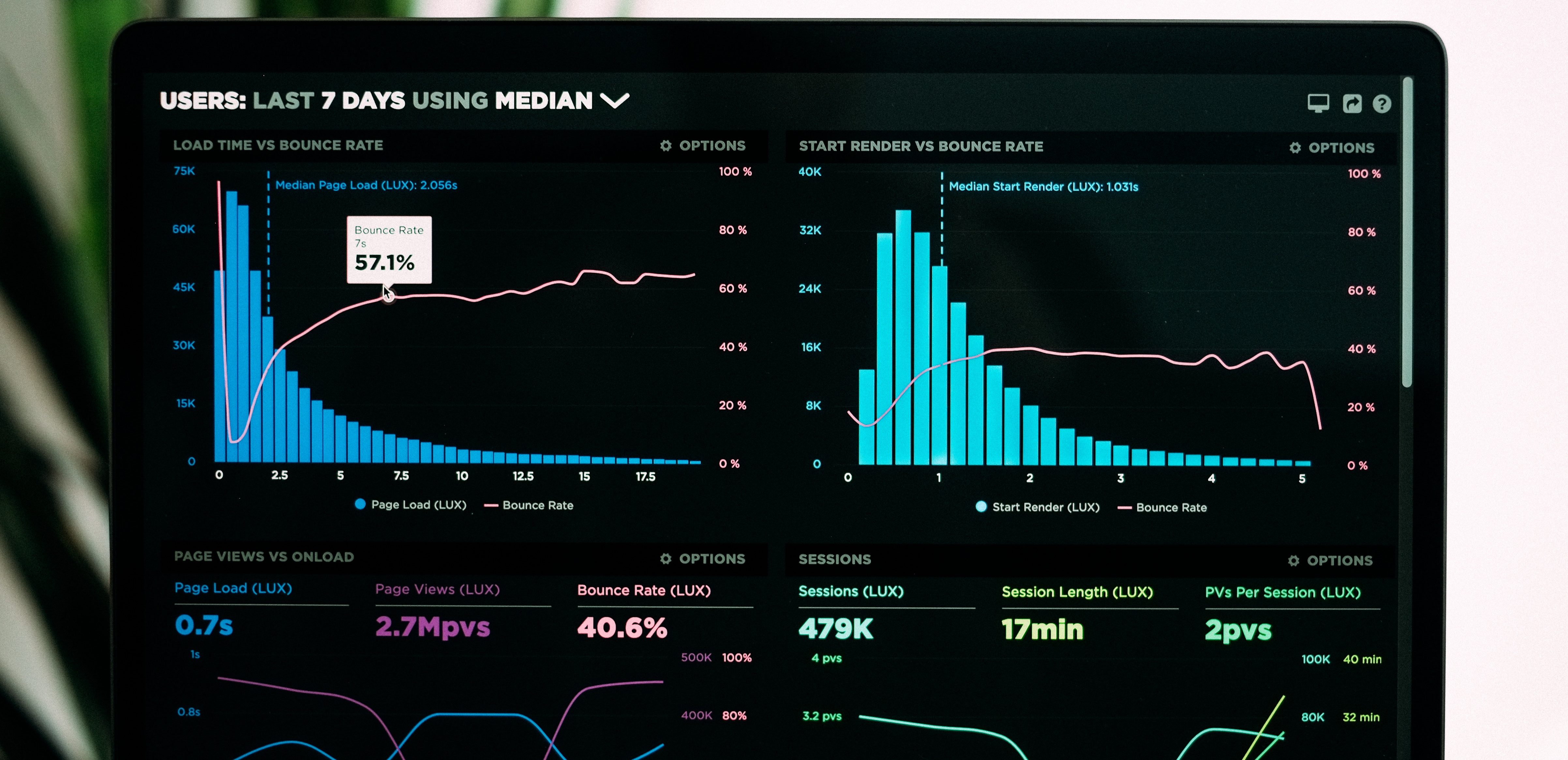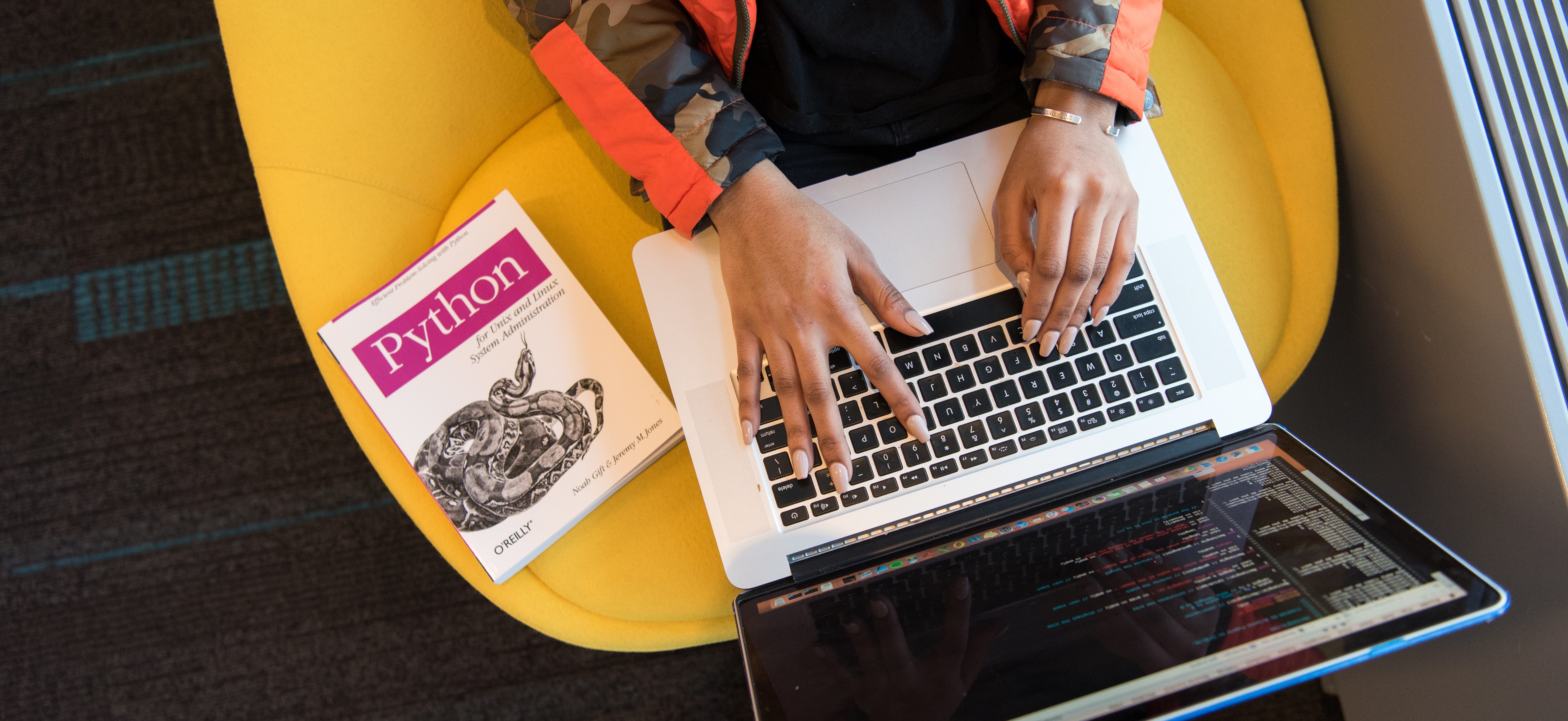


True Grit: It’s Not Just Founders We Should Celebrate
This is a story from the Traction community.
There are few things in this world that human beings value more than stability.
For better or for worse, we get most comfortable as we fall into a consistent routine. There are no surprises, no one gets blindsided—when everything goes the same each and every day, the ecosystem remains in a comfortable equilibrium. This fact remains especially true in the workplace, where employees will grumble and moan about their jobs in private, but refrain from making changes because of the extraordinary effort required to do so.
Rachael Burger is not interested in stability. She is looking for more than that.
Rachael is enrolled at the Startup Institute, an eight-week program that teaches its pupils the nuances of web development, web design, technical marketing, or sales and account management. She is a student on the web development track—and based on her background, that might seem a little hard to believe.
Rachael’s high school was primarily focused on writing and the arts, so she participated in music and theater and was taught to think independently above all else. There was very little focus on math and science at there, though that has since changed. Burger went on to study at Harvard, where her concentrations—comparative religion and women’s studies—don’t exactly scream “web developer,” either.
But while Rachael’s educational upbringing might not have prepared her specifically for work in the web development field, she inherited a “creative gene,” so to speak, from her parents. Outside of their daily jobs, Rachael’s mother and father volunteered at a stage magic show for children at The Cabot Street Cinema Theatre in Beverly, Mass. The shows were a big part of Burger’s life growing up, and they helped inspire her inclination to innovation.
That intrinsically creative part of Rachael’s character always drove her to learn more about a variety of subjects, and try different things without fear of failure. The creative gene has manifested itself today in her decision to drastically switch career paths.
Making the Switch Against the Odds
The transition has not been easy for Rachael, in any sense of the word. Even for someone who had a bit of experience in development from past experiences, Burger said she was forced to catch up quickly.
“This is a big switch for me because it has a huge learning curve,” Burger said. “There is so much to know. It’s a very different universe, even from when I was coding [16 years ago].”
In addition to the challenges she faces in simply learning the necessary material, Rachael also seems to be at an apparent disadvantage from the start, at least when you consider the unfortunate stereotypes swirling in our industry. She’s a woman in a male-dominated industry. She’s a parent. She’s a new entrant to the industry. And she’s entering at a later age.
Now, any individual looking to change careers after establishing some experience and forging relationships needs to have an extraordinarily high level of determination to make it work. Rachael, however, needs to be even more driven, more fearless, and more persistent than some of her counterparts. For a lot of people, this associated level of commitment might just be too much to handle.
But these qualities, she said, are the most necessary characteristics to have for any individual of any industry looking to change career paths. Regardless of experience or circumstance, it is not possible to change careers unless you have the drive—the ability to devote your whole self to the switch.
And even if you can do that, a job offer isn’t guaranteed. Rachael is still searching the market for opportunities as a junior developer. It can be so easy to get discouraged when the first interview doesn’t work out, or the first few applications get ignored. She said that getting down on oneself can happen easily, and the best way to avoid it is to establish a surrounding system of support.
“Find a community of people that will support you,” Burger said. “It could be something as simple as going to meetup groups. The best community is made up of supportive people trying to do the same thing. As human beings, it’s hard to make change without a social context.”
So Rachael is going to continue looking for that dream job, and she will continue searching for the right community to support her endeavors. She’ll continue to innovate, and she’ll continue to attack every coming day with more relentless determination than the one prior.
It won’t be easy, but she wouldn’t have it any other way—and neither should anyone else.
A Story Worth Celebrating
The startup industry is in need of driven contributors who come from less traditional career paths to bring new creative perspectives to the forefront. Tangible web development skills can be taught, but sheer determination like Rachael’s is inherent, and traits like that can take any company far in the long run. And diversity comes in many forms, whether that’s defined by more women, more minorities, or a wider array of backgrounds and experiences prior to tech.
Daunting as a drastic career change may seem, the payoff from such a move could be huge—for the individual, yes, but also for the startup itself. Thinking outside the box might not be easy, but it could be worth it.
Founders’ stories can be truly heroic, but inspiring stories don’t start and end with them. Likewise, true grit is defined by so much more than company growth and valuations.
As a community, we need more of these stories worth celebrating. We need more Rachael Burgers.
* * *
How to Land the Perfect Startup Job
NextView partner David Beisel recently published a comprehensive ebook for structuring your startup job search, intended for frontline operators and executives alike. It contains practical steps for each stage of your process, as well as frameworks for making sense of the sheer number of startups and complexities of offer negotiations.
Click here to download the PDF version.





